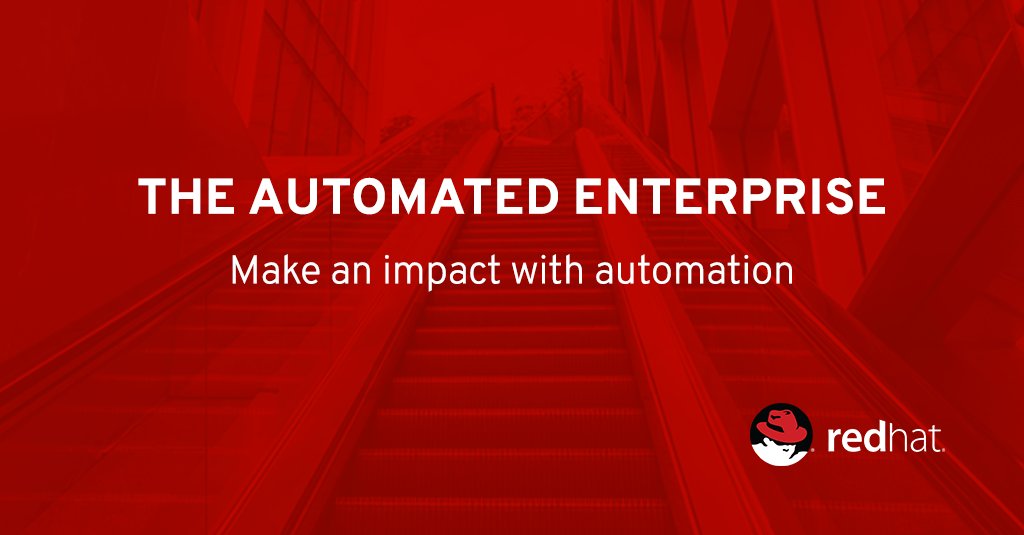
Red Hat revealed its vision of an automated world at its open-source technology event Red Hat Summit today, and that vision is being powered by Ansible. Ansible is the company’s IT automation solution for application deployment, configuration management and continuous delivery. With Ansible, the company hopes to bring automation into enterprise management solutions.
“By bringing native Ansible support to our management offerings and seeking to use it across more of our portfolio, Red Hat is uniquely helping to make the automated enterprise a reality with the ability to automate complex, cross-domain systems through a single technology,” said Joe Fitzgerald, vice president of management at Red Hat.
Ansible was designed to make automation easier to adopt, use and understand. It has more than 2,400 unique contributors and about 30,000 commits to the upstream open-source project. Red Hat acquired the solution in 2015 with a mission to drive down the costs and complexity of cloud-native and traditional apps across hybrid cloud environments.
According to Red Hat, automation is becoming an essential component of today’s modern and digital transformation. To support its vision for enterprise automation, Red Hat is announcing: Ansible automation integration in Red Hat Insights; and the latest version of Red Hat CloudForms with an Ansible automation-based approach to multi-cloud management.
Red Hat also announced future plans to expand Ansible even further into its portfolio and help simplify and automate enterprise IT. The company provides training for Ansible, including its Red Hat Certificate of Expertise in Ansible Automation.
“By many metrics, Ansible has been a huge disruption in automation and has the potential to take enterprise IT by storm by becoming a de facto standard for automation. There are enterprises that have standardized on Ansible technology for their automation, and we believe it is the start of a significant movement. By bringing native Ansible support to our management offerings and seeking to use it across more of our portfolio, Red Hat is uniquely helping to make the automated enterprise a reality with the ability to automate complex, cross-domain systems through a single technology,” Fitzgerald said.






